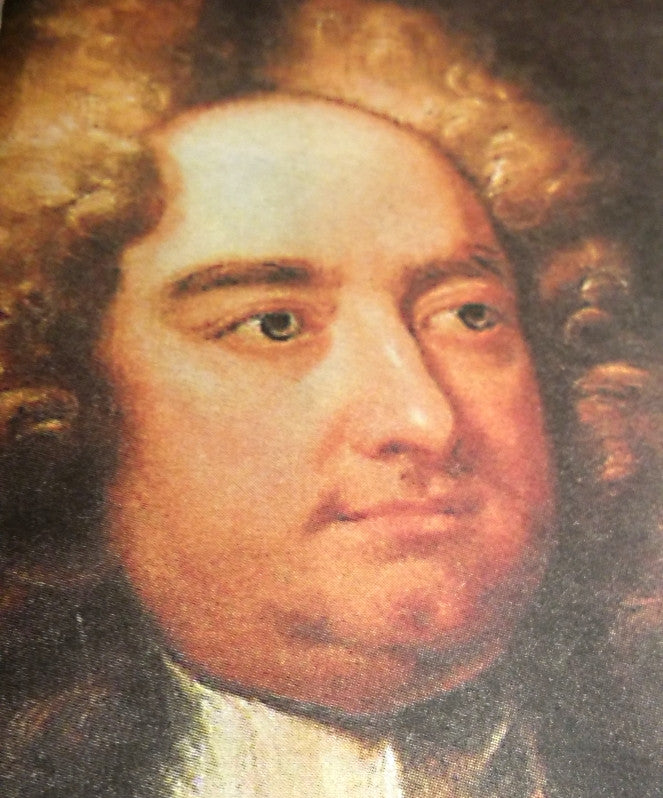
IRISH LITERATURE.
The earliest Irish literature that we know of originates from the 6th century in the form of poetry. Since then the language developed, but poetry remained the main avenue of literary expression - the subject matter was vast, ranging from nature to religion to emotions. After the Norman invasions in the 12th century, folklore and hero-tales became more popular and were written down.
As English control grew stronger in Ireland, its literary traditions were taken on. However, some older 'Irish literary' culture survived and was revived during the 18th century. The 'Great Famine' led to the further decline of the Irish language and very people were literate during these times.
An English-speaking middle class emerged in Ireland and with it came the Anglo-Irish literary tradition. Johathan Swift was Ireland's first significant writer in the English language; the author of 'Gulliver's Travels'. It was a allegorical novel in which Swift examines the discrepancy between what man thinks he is and how he acts. Swift had a wicked sense of humour that in many ways we would recognise as fully modern. He combined a joyous appreciation for the absurd, with a killer instinct for nailing the absurdities of life, always keeping a special eye on those professing wisdom while wielding power. Swift was followed by Maria Edgeworth and William Carleton. Many stories focused on the lives of Irish peasants. Bram Stoker, the author of 'Dracula', broke the traditions of the time . Oscar Wilde came along at the end of the 19th century with a host of popular and humorous plays and stories. The growth of nationalism towards the end of the 19th century saw a Gaelic revival epitomised in the early poetry of W.B. Yeats. Modern Irish literature saw the emergence of the famous figures of James Joyce and Samuel Beckett. Poetry was still a strong tradition and its popularity was reflected in the work of Seamus Heaney and Patrick Kavanagh. Much 19th and 20th centure literature reflects the political situation in Ireland.